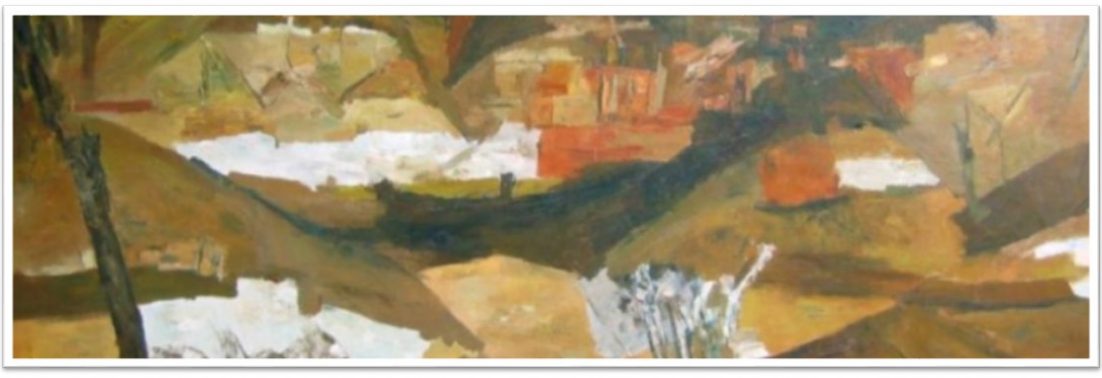Surgical strikes and skirmishes don’t just occur along or beyond the LoC; they’re happening in the heart of the country’s film capital
Column in Business Standard, October 21, 2016
The coincidence could hardly be more ironic: In the week that Mumbai opens its big international film festival in a painstakingly restored 100-year-old heritage building the spotlight has suddenly shifted from a showing of world cinema to a narrow bigoted cultural war. Surgical strikes and skirmishes don’t just occur along or beyond the LoC; they’re happening right here, in the heart of the country’s film capital, targeting anything or anyone remotely connected with the world of art and entertainment from across the border.
The ratcheting up of anti-Pakistan hysteria reflects several things: It exposes the soft underbelly of Mumbai’s film industry; the treacherous state of Maharashtra politics where a relatively insignificant outfit like Raj Thackeray’s Maharashtra Navnirman Sena and its good squad can hold it to ransom; and most dangerously, how the deeply embedded vigilantes of hyper-nationalism in the entertainment world are crawling out of the woodwork.
They’ve got everyone running scared, from the film fest organisers who hastily withdrew a rare 1959 Pakistani film with a screenplay by Faiz Ahmed Faiz, the communist poet revered in both countries, to Subhash Chandra’s Zee Zindagi channel that’s replaced popular Pakistani soaps with Turkish serials.
It’s not just actors like Aamir Khan and Shah Rukh Khan who’re required to publicly prove their nationalism each time they make a political point. Anyone who’s seen Karan Johar’s two-minute video apologia (for employing Pakistani actor Fawad Khan in his forthcoming release) that’s gone viral since Tuesday, sees not the exuberant, outspoken talent that he is but a sad, stressed-out man who’s had the stuffing knocked out of him. Writing in Scroll.in the film critic Nandini Ramnath compares it to one of those “victim videos released by kidnappers and terrorists.” He looks, she says, “like he is seconds away from an executioner’s dagger.”
Analysing the price of liberty amidst the wreckage of World War II in Two Cheers for Democracy, a book of essays, the humanitarian English novelist E M Forster posed a difficult question: If there is a choice between betraying your country and betraying your friend, which should you choose? His argument is to betray your country because friendship can transcend conflicts and borders that countries cannot.
Despite close-knit cultural affinities that linger nearly 70 years after a bitter divide, Indo-Pak culture wars have worn out the old fabric. Yes, there have been brief flowerings when Pakistani writers and performers have found appreciative, even adulatory, Indian audiences and work in Mumbai’s studios; the response to Indian films, TV serials and intellectuals is as great on the other side. More often, though, the exchanges have been fraught with anxiety, uncertainty and tension.
On numerous occasions the great Lata Mangeshkar was invited to Pakistan but was never able to go. It wasn’t from lack of desire on her part – after all, some of her oldest associates lived there – but Indo-Pak politics that prevented her. Imran Khan once implored her to give a charity concert in aid of the cancer hospital he was building in his mother’s memory. He promised to fill up Lahore’s largest stadium. But it was the Indian government that actively discouraged her. When the Pakistan government bestowed its highest honour, the Nishan-e-Imtiaz, on Dilip Kumar in 1997, the criticism at home was so harsh he had to fly down to Delhi to seek the prime minister’s approval — luckily it was the magnanimous, well-disposed Atal Behari Vajpayee.
Travel by writers, journalists and others in either country is restricted and often closely monitored. Visas, supposedly reciprocal, are issued arbitrarily, often at the last-minute, and come tied with knotty strings. To be hosting a book launch with an eminent Pakistani at home can turn nasty as politician Sudheendra Kulkarni discovered while escorting ex-foreign minister Khurshid Kasuri last year, when Shiv Sena activists blacked his face with ink.
Many are the lit fests I’ve attended on both sides where frantic, scrambling organisers are left red-faced by “no show” guests. Asked to recommend an unusual guest for a Pakistani lit fest I suggested the well-known artist Vivan Sundaram who, that year, had produced a splendid two-volume study on the art, life and letters of his celebrated aunt Amrita Sher-Gil. Sher-Gil lived, produced her art, and died in Lahore where she was a famous figure. The idea was met with enthusiasm till it was discovered that Salman Rushdie had contributed the introduction, whereupon it was dropped like a hot potato. Just mentioning him was an apostasy, like Lord Voldemort or “He Who Must Not Be Named.”
Are we getting there ourselves when hiring a “P actor” for a small role invokes a flurry of fatwas? According to my random poll, more’s the pity because Arshad Khan, the recently-discovered blue-eyed chaiwallah from Islamabad, won’t land a top modelling contract in Mumbai now, thereby depriving India’s female population of their latest heartthrob.
